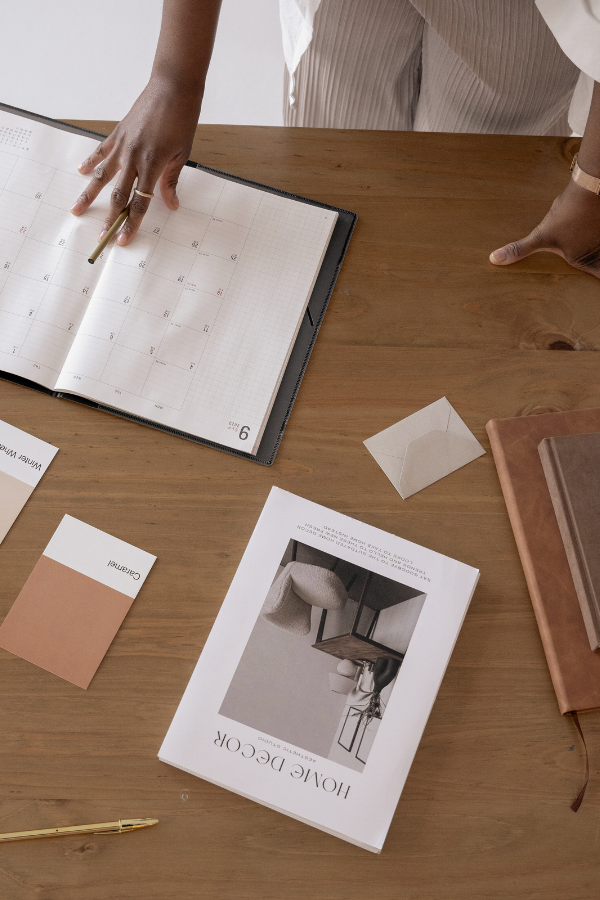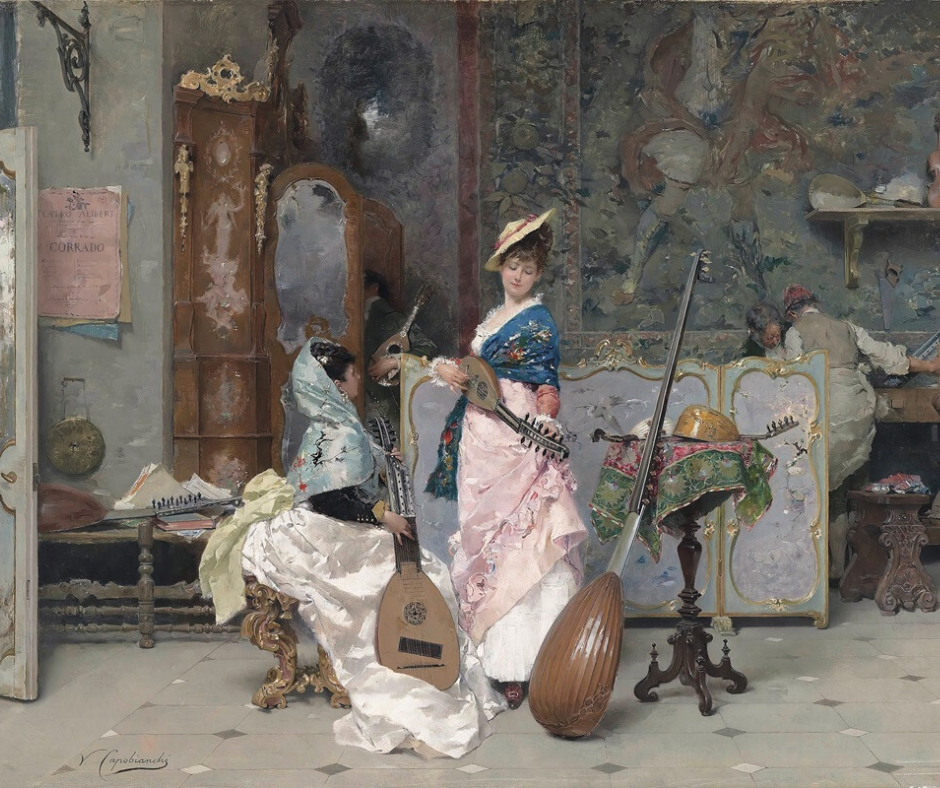
The Mid-Career Switch Series: How To Become A Luthier
Summary
This article offers a comprehensive guide for those considering a mid-career switch to become a luthier, detailing the skills, education, and steps needed to enter the craft of making and repairing stringed instruments. It emphasizes the blend of artistry, craftsmanship, and technical knowledge required in luthiery and highlights pathways through formal education, apprenticeships, and self-taught methods. Networking and continuous learning are also stressed as key components of success in this field.
Reflection Questions
- How do the qualities of patience, craftsmanship, and musical knowledge play into your interest in becoming a luthier?
- Considering the various pathways to becoming a luthier, which approach aligns best with your learning style and current life situation?
- Reflect on the importance of continuous learning and networking in the craft of luthiery. How would you incorporate these into your career development plan?
Journal Prompt
Imagine you’ve decided to pursue luthiery as a mid-career switch. Write about your initial steps towards this new path, considering the skills you need to develop, the type of education or training you plan to pursue, and how you intend to immerse yourself in the luthier community to build connections and learn from experienced professionals.
Luthiery, the art and craft of making and repairing stringed instruments, weaves together tradition, craftsmanship, and innovation to create tools that give life to melodies. For centuries, this field has been shaped by skilled artisans who have meticulously honed their craft, evolving from the revered workshops of the Renaissance to today’s diverse and vibrant maker spaces. This evolution reflects not only changes in musical tastes and technological advancements but also the increasingly visible contributions of women luthiers, who bring unique perspectives and talents to the workshop. Curious about what it takes to become an expert at fashioning and repairing instruments? If you are one of many aspiring luthiers fascinated by instrument making, read on to learn more!
What Exactly is a Luthier?
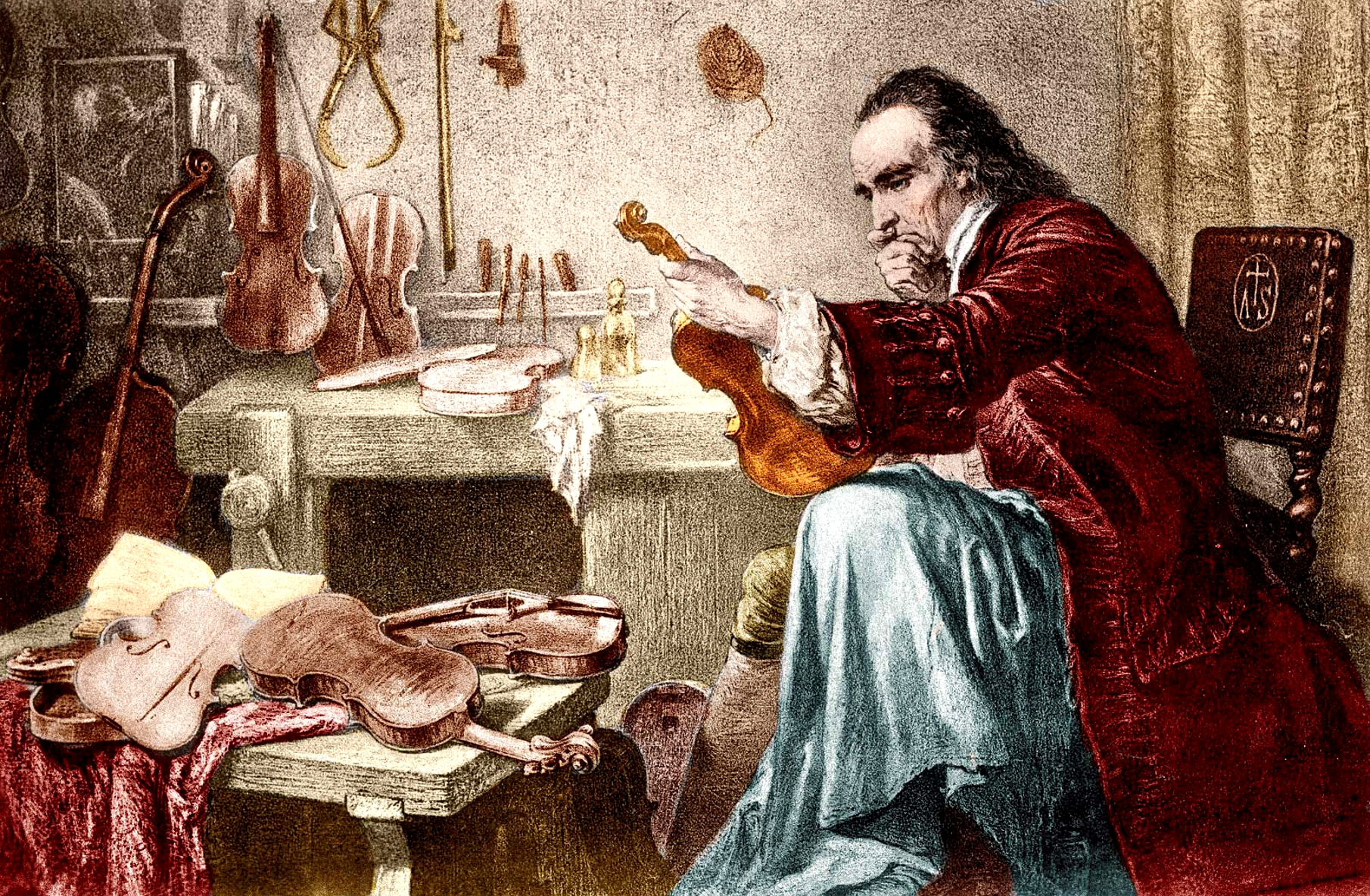
A luthier is a skilled craftsman who specializes in the making and repairing of stringed instruments, such as guitars, violins, cellos, and basses. This profession combines elements of art, craftsmanship, and acoustics, requiring a deep understanding of the materials and techniques needed to produce instruments with superior sound quality and playability.
Throughout history, several luthiers have gained fame for their exceptional work and contributions to the field. Notably, the established luthier Antonio Stradivari, from the 17th century, is revered for his violin making. They are considered some of the finest ever made. Giuseppe Guarneri, another master luthier, was a contemporary of Stradivari and is also renowned for his high-quality violins.
Guitar maker Antonio de Torres Jurado of the 19th century is credited with innovations that have shaped the modern classical guitar. These luthiers, among others, have left a lasting legacy that continues to influence the craftsmanship and design of stringed instruments today.
Understanding the Role of a Luthier
The role of a luthier is both intricate and fascinating, embodying a unique blend of artistic sensibility and technical expertise. At its core, a luthier is a craftsman specialized in the making and repairing of stringed instruments, such as guitars, violins, cellos, and more.
This profession demands not only a deep understanding of woodworking and acoustics but also an artistic touch that can breathe life into a piece of wood, transforming it into an instrument capable of producing the most emotive and captivating sounds. Luthiers must be adept in various tasks, ranging from designing and shaping the instrument’s body to selecting the perfect wood, and from installing strings and frets to adjusting the sound post and bridge. Each step is crucial in ensuring the instrument’s playability, durability, and, most importantly, its ability to deliver the desired musical tones.
The combination of artistry and technical skill in luthiery is profound; it involves a meticulous attention to detail, a creative vision to enhance the instrument’s aesthetic and acoustic qualities, and a comprehensive knowledge of the musical genres the instruments will serve. This symbiosis of art and science in luthiery not only preserves the heritage and evolution of musical instruments but also pushes the boundaries of what they can achieve, contributing significantly to the music world’s richness and diversity.
Specializing as an Instrument Maker
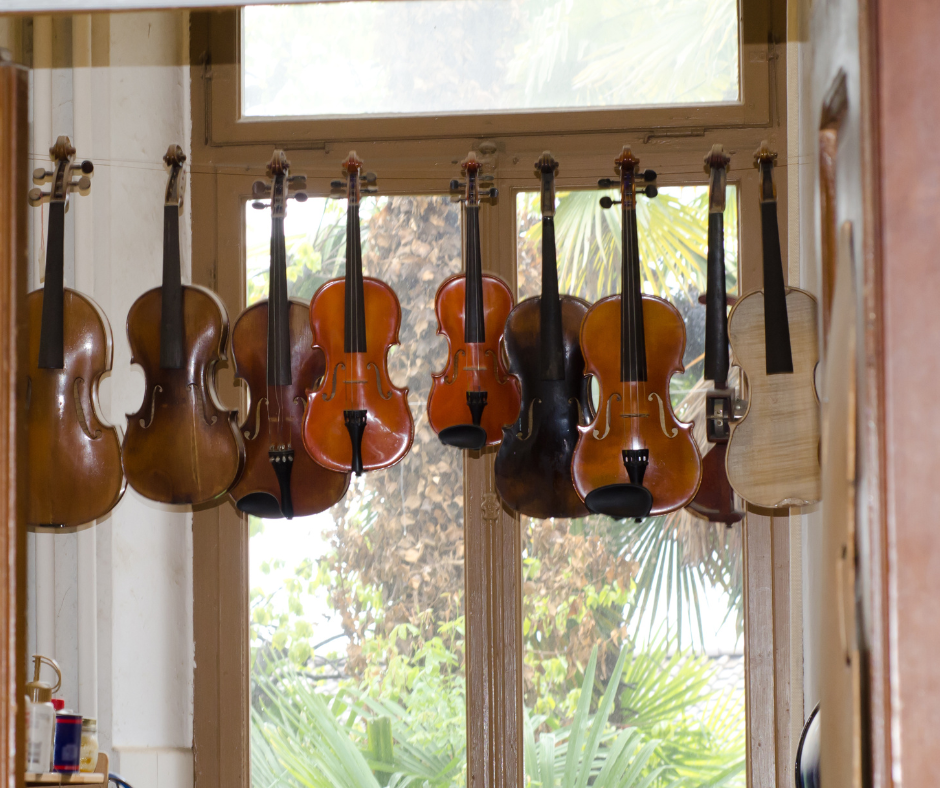
To make a decent living and master her craft, a good luthier will usually focus on the creation and repair work of specific instruments. The instruments a luthier may choose to specialize in are as varied as the music they help create.
Some luthiers dedicate their careers to stringed instruments of the orchestra, such as violins, violas, cellos, and double basses, requiring an understanding of classical music’s nuances and traditions. Others may focus on guitar making and repairing, from classical acoustic guitars and flamenco to electric, each with its unique construction challenges and sound considerations. Additionally, there are luthiers who work with less common instruments, such as lutes, mandolins, and banjos, showcasing the diversity within the field.
All You Need to Know About Becoming a Luthier
Essential Skills and Qualities of a Luthier
Craftsmanship and Manual Dexterity
Craftsmanship and manual dexterity stand at the forefront of the essential skills a luthier must possess. The process of crafting stringed instruments involves intricate work, from carving and shaping wood to fitting tiny components with precision. A luthier’s hands are their most valuable tools, requiring the ability to perform delicate tasks that machines cannot replicate.
This manual dexterity is honed over years of practice, allowing the luthier to transform raw materials into functional pieces of art. The finesse in handling tools and materials directly impacts the quality and sound of the final instrument, making craftsmanship a cornerstone of luthiery.
Patience and Attention to Detail

Patience and attention to detail are equally critical qualities for a luthier. The creation and repair of stringed instruments are time-consuming processes that cannot be rushed. A single instrument, such as a violin or guitar, can take hundreds of hours to complete, requiring sustained focus and a meticulous approach to every step.
This patience extends to the repair work, where diagnosing and fixing issues without compromising the instrument’s integrity or sound demands a careful and thoughtful effort. The ability to see a project through, from initial design to final polish, while maintaining high standards of quality, illustrates the depth of a luthier’s commitment to their craft.
Musical Knowledge and Appreciation
Musical knowledge and appreciation are foundational to the work of a luthier. Understanding the characteristics that contribute to an instrument’s sound allows a luthier to make informed decisions during the construction process. This knowledge helps in selecting the right materials, shaping the body of the instrument, and adjusting the tension and placement of strings to achieve the desired tonal qualities.
Fuel your creative fire & be a part of a supportive community that values how you love to live.
subscribe to our newsletter
*please check your Spam folder for the latest DesignDash Magazine issue immediately after subscription

Furthermore, an appreciation for music and the ways musicians interact with their instruments informs a luthier’s approach to design and functionality, ensuring the instruments they create or repair not only sound beautiful but also enhance the performer’s connection to the music.
Educational Pathways

Many students attend lutherie school (a formal certificate or diploma program). Formal education offers a structured pathway for those aspiring to become luthiers, with options ranging from dedicated luthier schools and vocational programs to college degrees in related fields such as music technology or woodworking.
These programs are designed to provide a comprehensive understanding of instrument construction, repair, and the science of sound, often combining theoretical knowledge with practical workshops. Students gain access to experienced instructors, a community of like-minded peers, and sometimes, the necessary tools and materials. Formal education can also offer a credential that may be advantageous when seeking employment or establishing credibility in the field.
Hands-On Learning Through Apprenticeship and Mentorship
Not every luthier will attend luthier school in the academic sense, but most luthiers will eventually complete some sort of apprenticeship. Apprenticeships and mentorship opportunities represent a more traditional route into luthiery, allowing novices with basic training to learn directly from experienced professional luthiers. This hands-on approach enables apprentices to gain practical experience while absorbing the tacit knowledge and nuanced skills that only come from years of working in the craft.
Mentorship can provide a tailored learning experience, with guidance adjusted to the apprentice’s evolving skills and interests. Many successful luthiers attribute their skills and careers to the relationships formed with mentors, underscoring the value of learning through direct engagement with the craft.
The importance of hands-on experience in luthiery cannot be overstated. Whether acquired through formal education, apprenticeship, or independent practice, the act of physically creating and repairing instruments is crucial. Hands-on experience allows for the application of theoretical knowledge, the development of muscle memory, and the understanding of materials and tools.
It also fosters problem-solving skills and creativity, as luthiers must navigate the unique challenges that arise with each project. This experiential learning is essential for mastering the craft and developing a personal style and approach.
Self-Taught Pathways
For those unable to pursue formal education or apprenticeships, self-taught pathways and online resources offer an alternative route. The internet provides a wealth of information, including instructional videos from lutherie schools, forums, and digital courses, making it possible for aspiring luthiers to learn at their own pace and on their own terms.
While this path requires a high level of self-motivation and discipline, it also offers flexibility and the opportunity to explore a wide range of techniques and traditions. The self-taught route can be complemented by books, participation in online communities, and experimentation, allowing individuals to build their skills incrementally and pursue their passion for luthiery.
Gaining Experience and Building Skills
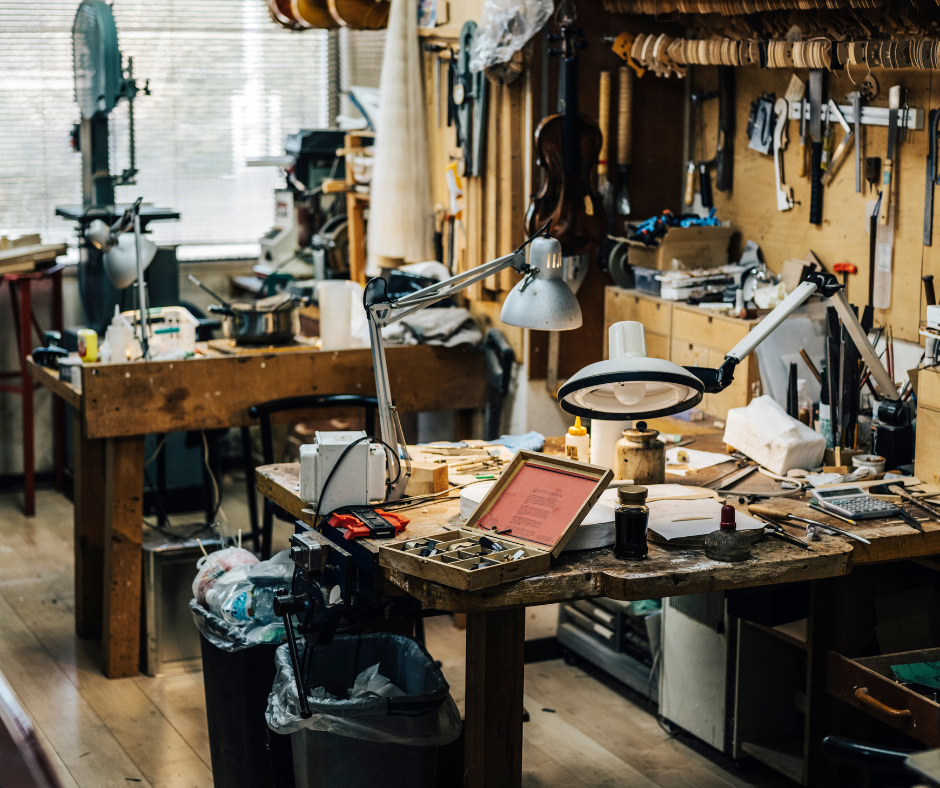
Starting with simple projects, such as assembling kit instruments or conducting minor repairs, is an excellent way for aspiring luthiers to dip their toes into the vast ocean of instrument making and repair. These initial projects allow for the practical application of basic luthiery principles without the overwhelming complexity of building an instrument from scratch.
Working on kit instruments or small repairs helps to build confidence, develop fundamental skills, and understand the structure and function of different parts of an instrument. This foundation is crucial for anyone beginning their journey in luthiery, providing a safer environment to make mistakes and learn from them.
Progressing to More Complex Projects
As skills and confidence grow, progressing to more complex construction and restoration projects becomes the natural next step. Moving beyond basic kits to designing and building instruments from raw materials, or undertaking significant restoration work, challenges luthiers to deepen their understanding of acoustics, materials, and craftsmanship. This phase is critical for developing a personal style and approach, as well as mastering the nuances of instrument design and the intricacies of sound production. The satisfaction of completing a complex project from start to finish is unparalleled, marking a significant milestone in the journey of becoming a skilled luthier.
Networking with Other American Luthiers and Musicians
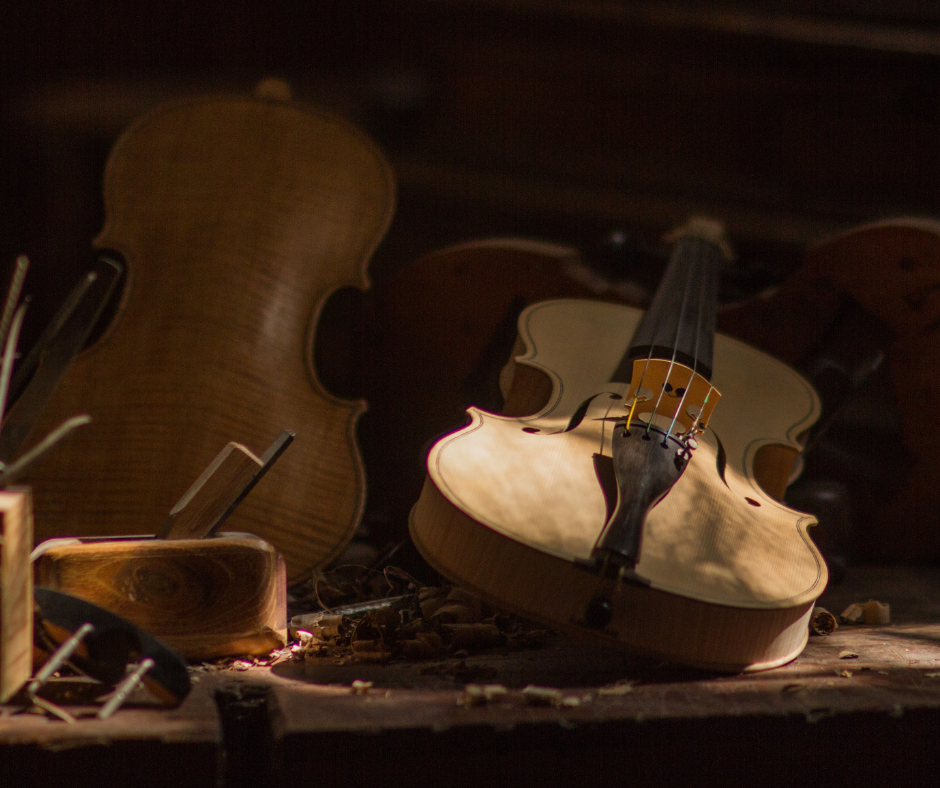
Networking with other luthiers and musicians is an invaluable aspect of gaining experience and building skills. Interaction with fellow craftsmen can lead to the exchange of knowledge, techniques, and insights that are not readily available through books or online. Musicians, on the other hand, provide a different perspective, offering feedback on playability, sound quality, and the functional aspects of an instrument. Building relationships within these communities can also open doors to opportunities such as collaborations, apprenticeships, and even clientele. The synergy between luthiers and musicians is a driving force in the continuous evolution and refinement of instrument making.
Joining Luthiery Communities and Forums
Joining luthiery communities and forums offers additional layers of support and learning opportunities. These platforms allow for the sharing of experiences, solutions to common problems, and discussions on the latest trends and innovations in the field. Whether it’s seeking advice on a challenging repair, getting feedback on a design, or simply staying motivated through interaction with peers, being part of a luthiery community enriches the learning process. The collective wisdom and encouragement found in these groups can be especially beneficial for those who are self-taught or in the early stages of their career, providing a sense of belonging and a resource for continuous improvement.
Pursuing Continuing Education and Keeping Up with Trends
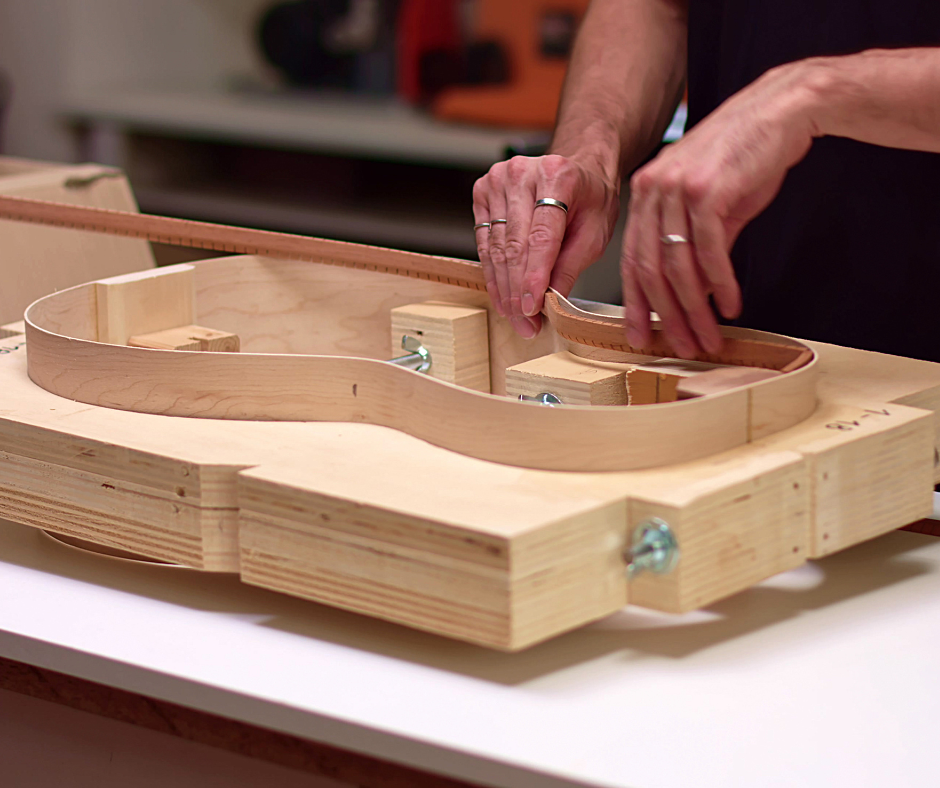
The field of luthiery, much like any other craft, is in a constant state of evolution, making lifelong learning an essential component for those who wish to excel and remain relevant. The importance of continuing education cannot be overstated, as it allows luthiers to refine their skills, adopt new methods, and keep pace with the advancements in instrument design and construction.
Moreover, the pursuit of further knowledge fosters a culture of excellence and innovation within the luthiery community. Advanced training and specialization courses, whether they focus on specific types of instruments, restoration techniques, or acoustics, offer luthiers the opportunity to deepen their expertise and broaden their range of services. Workshops, masterclasses, and conferences serve as valuable platforms for learning from master luthiers and peers, enabling the exchange of ideas and experiences that can inspire and lead to groundbreaking work.
Staying abreast of new materials, tools, and techniques is equally critical in the dynamic world of luthiery. The introduction of innovative materials can offer alternatives that enhance the acoustic properties of instruments or provide environmental and sustainability benefits. Similarly, advancements in tools and technology can streamline the construction and repair processes, improving precision and efficiency.
Keeping informed about these developments requires a proactive approach, including reading industry publications, participating in online forums, and engaging with the wider luthiery and musical instrument community. Embracing change and being willing to experiment with new approaches not only enriches the luthier’s own practice but also contributes to the ongoing advancement of the craft, ensuring that the tradition of instrument making continues to thrive and adapt in the modern era.
Final Thoughts on Becoming a Luthier
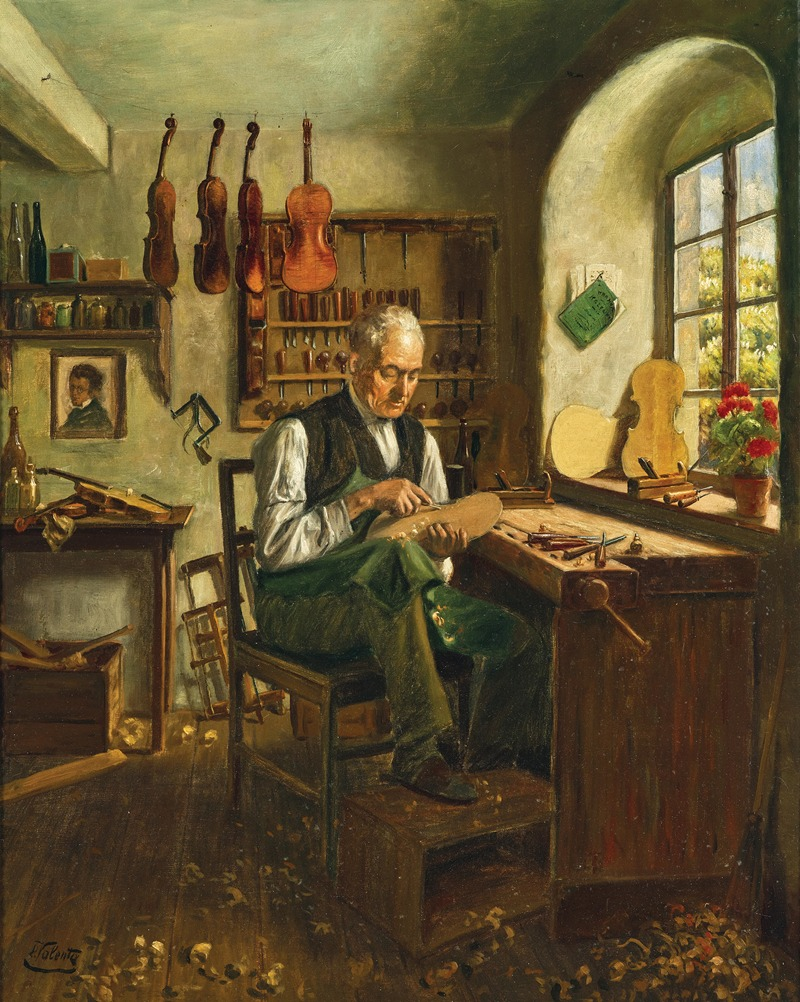
For women inspired to pursue a career in luthiery, the journey ahead offers a unique blend of artistry, craftsmanship, and music, wrapped in a tradition that is ripe for innovation and diversity. Embracing this path means joining a community where your perspective and skills can truly make a difference, breaking new ground in an ancient craft. The world of luthiery is not just about preserving the past; it’s about shaping the future of music, one instrument at a time. Your passion, creativity, and dedication have the power to inspire the next generation of musicians and luthiers alike.
So, as you embark on this rewarding journey, remember that your contributions will echo through the chords of every instrument you touch, enriching the musical tapestry with your unique voice. The field of luthiery awaits your talents, ready to be transformed by your hands and your vision.
Design Dash
Join us in designing a life you love.
Seven German Furniture Brands Known for Precision and Luxury
This guide profiles seven German furniture brands that pair engineering with craft and highlight their most significant pieces.
13 Adaptive Reuse Projects That Inspire Us at DesignDash
Let’s explore some of the most impressive adaptive reuse projects worldwide and share insights on how you can effectively showcase your own adaptive reuse work online as an architect or interior designer.
March 2026 Architecture & Interior Design Events You Can’t Miss
This guide outlines the most important March 2026 architecture and interior design events in the U.S. and abroad.
5 Podcast Episodes About Managing Your Interior Design Firm’s Finances
These five DesignDash episodes show how profit, billing, systems, and client dynamics shape a healthier interior design business.
Axel Vervoordt Reminds Us That Time and Use Are Design’s Collaborators
An editorial examination of Axel Vervoordt’s design philosophy and what it teaches designers about time and use as collaborators.
What Does a “Successful” Firm Look Like Beyond Revenue?
Laura and Melissa reflect on what defines a successful design firm beyond revenue, and why nonfinancial indicators can be equally important.






